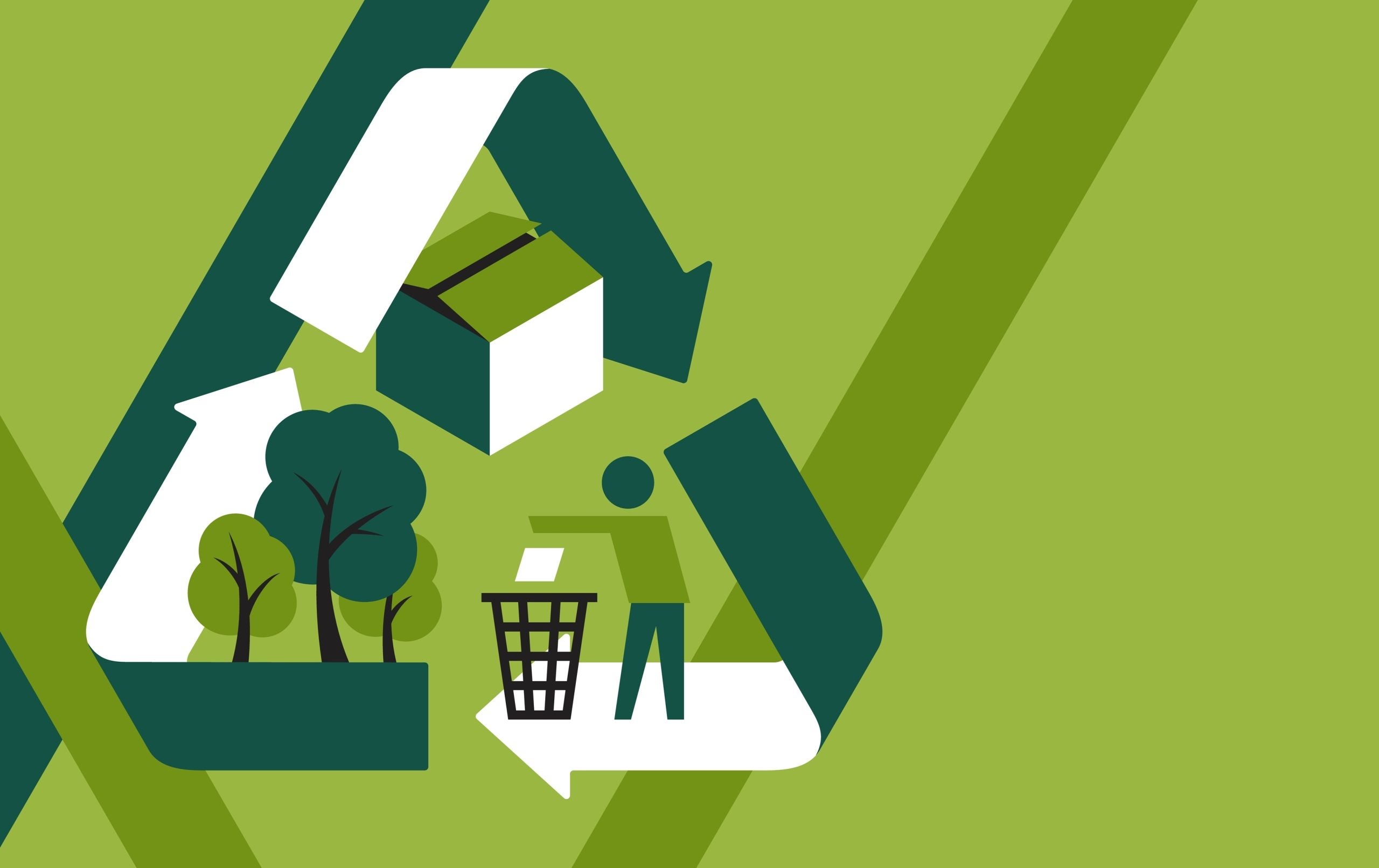
A new study published by system change company Systemiq presents a roadmap for achieving a high-circularity, low-emissions system for polyethene terephthalate (PET) packaging in Europe.
Systemiq states that PET packaging makes up one-quarter of consumer packaging (bottles and trays) in Europe. Today, this material is mostly made from virgin feedstocks derived from fossil fuels and three-quarters of PET/polyester waste is reportedly disposed to landfill or energy recovery after just one use.
Titled ‘Circular PET and Polyester: A circular economy blueprint for packaging and textiles in Europe’, the study outlines six priority actions needed to transform the PET/polyester system.
These actions aim to slow consumption growth and establish complementary mechanical and chemical PET/polyester recycling systems that significantly increase recycling rates and the availability of high-quality recycled PET/polyester.
The actions include ambitious and complementary circular economy approaches, such as demand reduction, reuse, mechanical recycling and chemical recycling. Systemiq hopes that by 2040 – compared to a continuation of historical trends – these measures could reduce overall PET/polyester consumption by one-third, waste volumes sent to landfill or incineration by 70% and greenhouse gas (GHG) emissions by half.
The supply of recycled content would also be sufficient to meet the requirements of the draft Packaging and Packaging Waste Regulation (PPWR). Moreover, they could generate 28,000 net new jobs and an additional €5.5bn ($6.06bn) per year in revenues for recycling industries, Systemiq states.

US Tariffs are shifting - will you react or anticipate?
Don’t let policy changes catch you off guard. Stay proactive with real-time data and expert analysis.
By GlobalDataSystemiq partner and head of materials and circular economy Ben Dixon commented: “The PET and polyester market in Europe is in a green revolution – with new recycling technologies emerging, stretching targets for recycling and recycled content in bottles and other packaging.
“The overall message is optimistic: we have the technologies and the policy momentum to build a circular PET/polyester system. Now, we need to scale up investment and action.”



